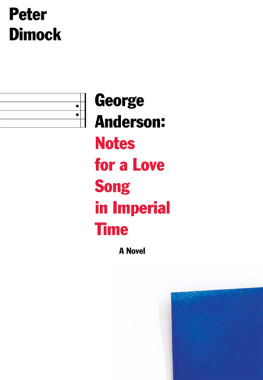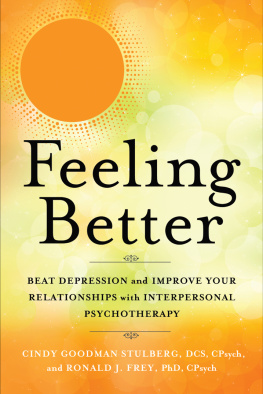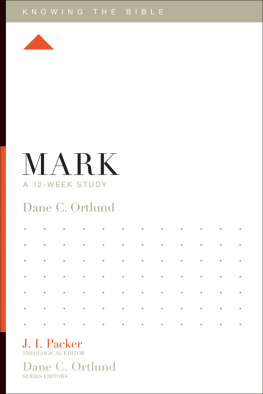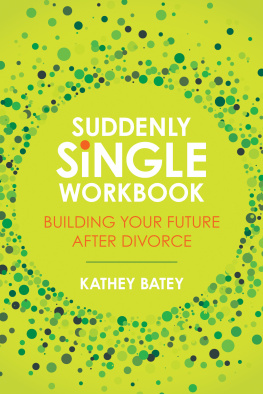
GEORGE
ANDERSON
Notes for a Love Song
in Imperial Time
Peter Dimock

DALKEY ARCHIVE PRESS
CHAMPAIGN / DUBLIN / LONDON
For Wendy
Freedom from torture is an inalienable human right.
George W. Bush, July 5, 2004
Contents
Dear David Kallen,
My name is Theo Fales. In the vision I had two years ago I came to the end of myself and found other people standing thereand knew that the present was a gift of time in which to sing a true history of equal historical selves. Thats why Im writing you nowto request an interview. We were undergraduates together at Harvard though our paths never crossed. I was two years ahead of you.
I need to speak with you. In December of 2004, you signed on behalf of the Office of Legal Counsel the document that contained a footnote that found the policies and acts of torture committed by the officials of the George W. Bush administration legal. Your signature made torture the official policy and accepted practice of my government.
You did this after you directed Special Forces trainers to torture you. Rightly you did this in search of an experiential basis for the words of your legal finding. In the event, you named what they did to you as torture and immediately ordered the procedures stopped with a special hand signal your torturers had given you for that purpose.
Then on December 30, 2004 you signed the official memorandum you were charged with drafting to replace the secret one of August 2002 that had been withdrawn after it was made public in the wake of the disclosure of the Abu Ghraib photographs. You allowed a note (footnote 8) to be inserted (did you craft it yourself?) that found all previous authorizations of torture to be legal under the standards your words and your experience gave you the art and ability to know.
I need to speak with you in person because I do not know how to live this history. My complicity summons angels singingI know that you and I are the same person. Somehow our entitlement to rule continues. Surely this is mystery in need of colloquy.
I am requesting the touch of your words in the moving air (and the touch of your hand) in the hope that they will help me learn to live my complicity honorably. I send you this historical method in good faith.
I believe we will soon have the opportunity to meet in person. In four months, on June 19th, both of us are scheduled to attend, as I understand the arrangements, the dedication ceremony and public opening of the new Charles Jason Frears Memorial American Music Archive and Performance Center on the New Carrollton campus of the University of Maryland.
You did something braver than I will ever do. This method I am sending you takes a month (thirty or thirty-one days) to practice in its entirety. We both have the necessary time to prepare ourselves. I use the words my method brings me to create notes for another history. I trust you will agree that history is a discipline of action applied to events in time. You and I know enough to claim the original sovereigntyor, if necessary, a new oneof the authorized grace of a words reciprocity.
I admire you more than I can sayfor your bravery and for the formal, rigorous beauty of your legal art. You needed an experiential foundation for each word in the crucial legal phrase the intentional infliction of severe pain or suffering, whether physical or mental in the Convention Against Torture signed by President Ronald Reagan in 1988 and ratified by the United States in 1994. There had been no rulings about these words in case law. If we become friends, I hope you will tell me if you were convinced that the administration you served needed to extract information from the living bodies of the captured and detained by more active means than previously had ever been permitted by the laws of war?
When we meet in June, both having practiced at least some of the exercises prescribed by this method to the best of our abilities, I propose we discuss the appropriate speech to choose for the history we are now living in the New World.
Was it David Addington, General Counsel for Vice-President Cheney, or another of his aides, who dictated the paragraph of footnote 8 that was inserted after your draft had been reviewed by his office? That footnote stated that nothing in the official legal finding the reader was engaged in readingyour empirical experience of waterboarding with your body to give the word torture in the language of the law experiential accuracy and validity notwithstandingwas to be construed to suggest that anything that had been done to detainees at the order of the highest officials in the administration in the seventeen months between August 2002 and December 2004 would not be permissible according to your documents legal reasoning. Torture needed only the sound of your voice before the readers eyes to be condemned or upheld in law. You signed this memorandum of legal understanding that had the force of law in all offices of the executive branch knowing your signature, once the document included footnote 8, perpetrated war crimes. Why lend the sound of your voice on the page to crimes against humanity given everything you knew and know?
Footnote 8 meant that the methods the Special Forces trainers used on you at Fort Bragg have continued to be used during interrogations conducted under the color of law by American citizens and professionally trained personnel ever since.
By signing that document you undid the truth you knew. Im not blaming you. I do the same with every breath. There can be no discernable line between public and inward voicing unless actions can be made accountable in speech. Like you I am a loyal citizen and faithful servant of empire.
I cannot distinguish myself from you. Thats why I ask now for the chance to meet in person and to speak with you formally but without restraint.
How do we devise a method for living the present moment within a frame of redemptive, universal history? (Our training gave us the rhetorical means to make the case that this was both possible and necessary.) Werent we taught well that it was our duty to use our power and privilege to dispel all temptations to the contrary? The community of equally valuable free selves was and is the final goal of the American state under our stewardship. The brightness of American summer airover Bar Harbor or Nantucketconfirms each year the naturalness of our authority.
I know I have no right to ask you to answer these questions sincerely and truthfully unless I am willing to give an accurate and true account of myself.
I have been trying to find a way to do this responsibly during the past few yearsto devise a method that wont waste time or encumber others with false, awkward, or wasted mental steps.
During this same time, I am confident I have adequately met my obligations as Senior Executive Editor for McClaren Books, even serving briefly as Executive Vice-President of the education division for our parent company, NCI Corporation (formerly Newmark Communications International). Now I am sending you my historical method so that my request for an hour to meet in person this coming June 19th will be understood by you as made with a carefully disciplined and rigorously practiced good faith.
Even if you find that you cannot honor my request, my method, if you engage the exercises it prescribes in an active way, will give you a reliable technique with which to weigh the value of my arguments against your own experience. I can say in its favor that there have been moments in my practice of its exercises when I have been able to find myself outside the cycle of owning everything and of fathers killing sons. I rely upon the trust and good faith instilled by our training. I am confident you will take this letter seriously. At my methods end I hope both of us will have a way to approach the people waiting in Fallujah to talk with us about the common history we have made.
Next page











